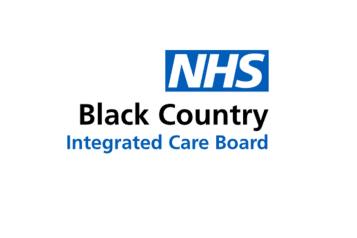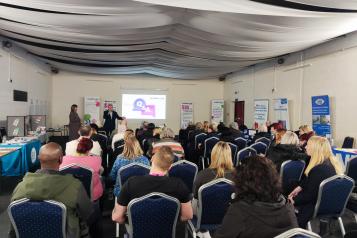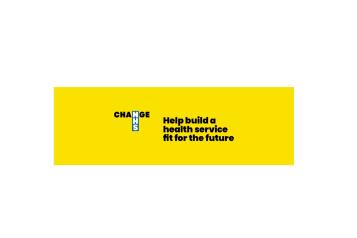
With weather warnings in place and icy conditions outside, the NHS is reminding people to take care in the cold weather.
Slips, trips and falls all become more likely during cold, icy and snowy weather conditions, so it’s important to be mindful of the weather before venturing outside.
There are many steps that can be taken to reduce the chances of falling, including keeping hands free to help stabilise yourself, wearing shoes with good grip and avoiding going out early in the morning when frost is thick or late at night when it’s dark.
Dr Ananta Dave, Chief Medical Officer for NHS Black Country Integrated Care Board, said: “Falls can happen to anyone, especially when the weather is colder, wetter and there’s ice and snow on the ground. However, older people are even more vulnerable to such accidents.
“If they were to fall there is likely to be a bigger impact on their overall health, whether that be physically through injury or mentally and emotionally through loss of confidence and an increase in anxiety.
“As temperatures drop, streets can be extremely slippery underfoot due to snow and ice, so we would encourage all older people to take extra care when out and about.
“If you do need to go outside, wear shoes or boots with a flat, low heel and a slip-resistant sole to reduce slipping hazards and a good tread that helps to grip the surface. It’s important to keep warm and wear layers, both inside and outside, as when you’re cold you naturally tense up so you don’t move as well as you would normally.
“It’s also important to keep your hands free and wear gloves when walking so you can help stabilise or save yourself from a more significant injury if you were to fall. The more we rush, the more likely we are to fall, so plan ahead to give yourself plenty of time to complete an activity or get to an appointment.
“If you can, always try to let someone know what your plans are and what time you anticipate being home and be sure to have access to a mobile phone where possible so you can call for help if necessary.”
People are also being encouraged to check up on friends, relatives and neighbours who may be more at risk of a fall. Dr Ananta Dave added: “It’s critical we all do what we can to help each other stay well this cold weather spell.
“If you have elderly family members or friends, simple actions like making a phone call or ensuring they are stocked up on food and any prescription medicines they require takes no time at all but can make all the difference in keeping people safe and well.”












